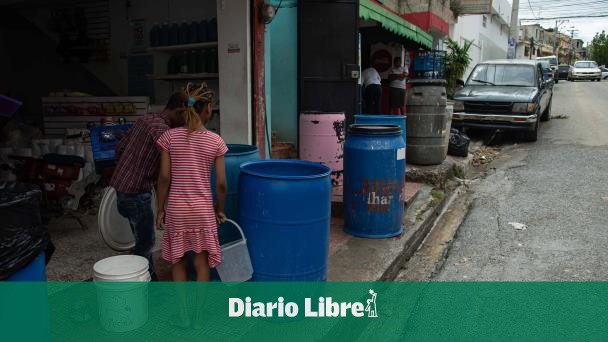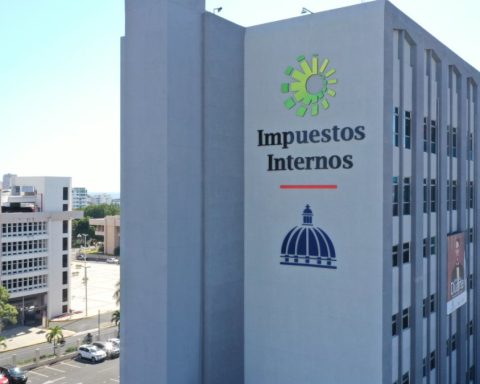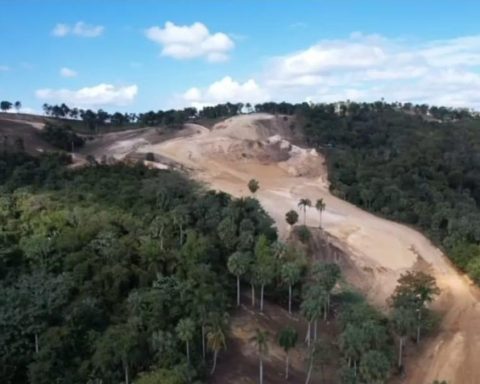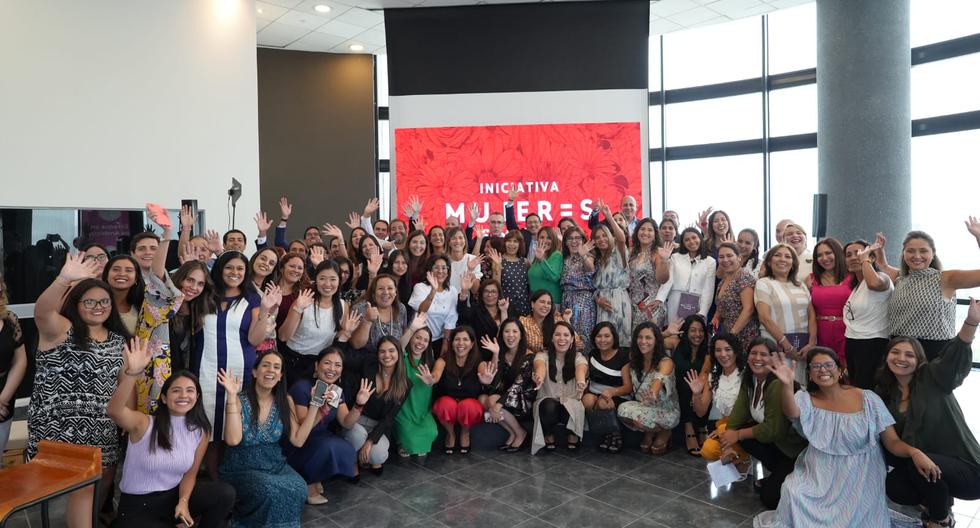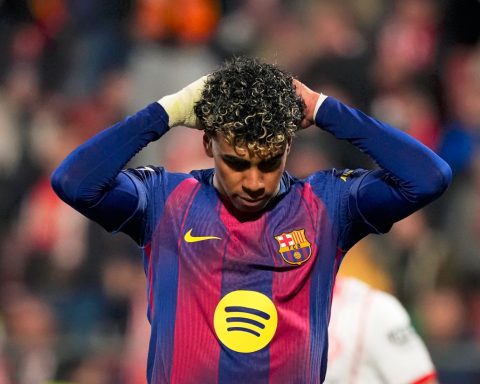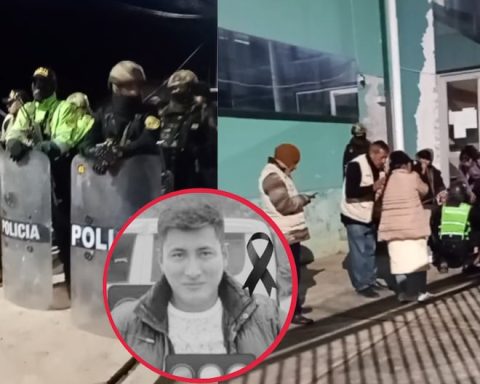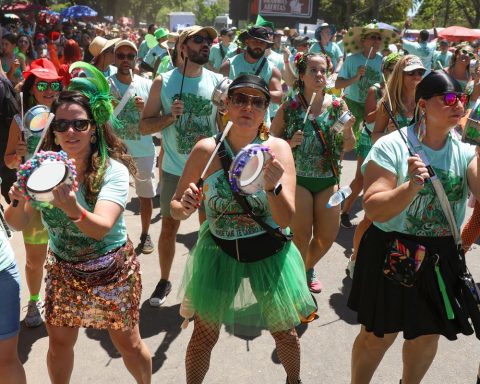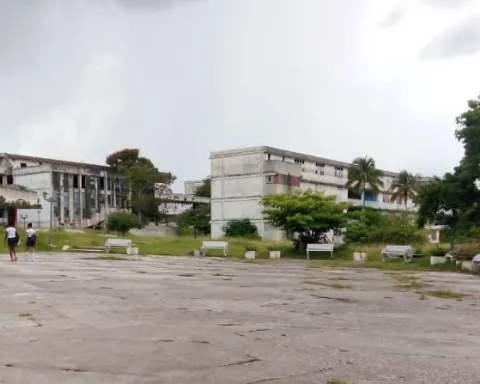The alert issued on March 1 by the Ministry of Public health before the possible arrival of virus of the chikungunya to the country, after a significant increase in cases in South America, has not changed the habits around the elimination of mosquito breeding sitesaccording to mothers consulted in the Hospital Childish Robert Reid.
“Yes, I saw the news. We keep the water in a tank, but I put chlorine in it, so I’m calm”, assured Magdalena, a resident at kilometer 25 of the Duarte highway, and mother of a seven-year-old girl who went to the clinic for an ear infection.
“We don’t store water, we don’t have vases”, commented Sharina, who moved to the hospital from La Victoria because her two-month-old baby “has a flu.”
After talking for a moment with reporters from Free Daily about symptoms including fever and severe joint pain, the young mother added: “AEven though I don’t have hatcheries, it may be that someone else does.he mused.
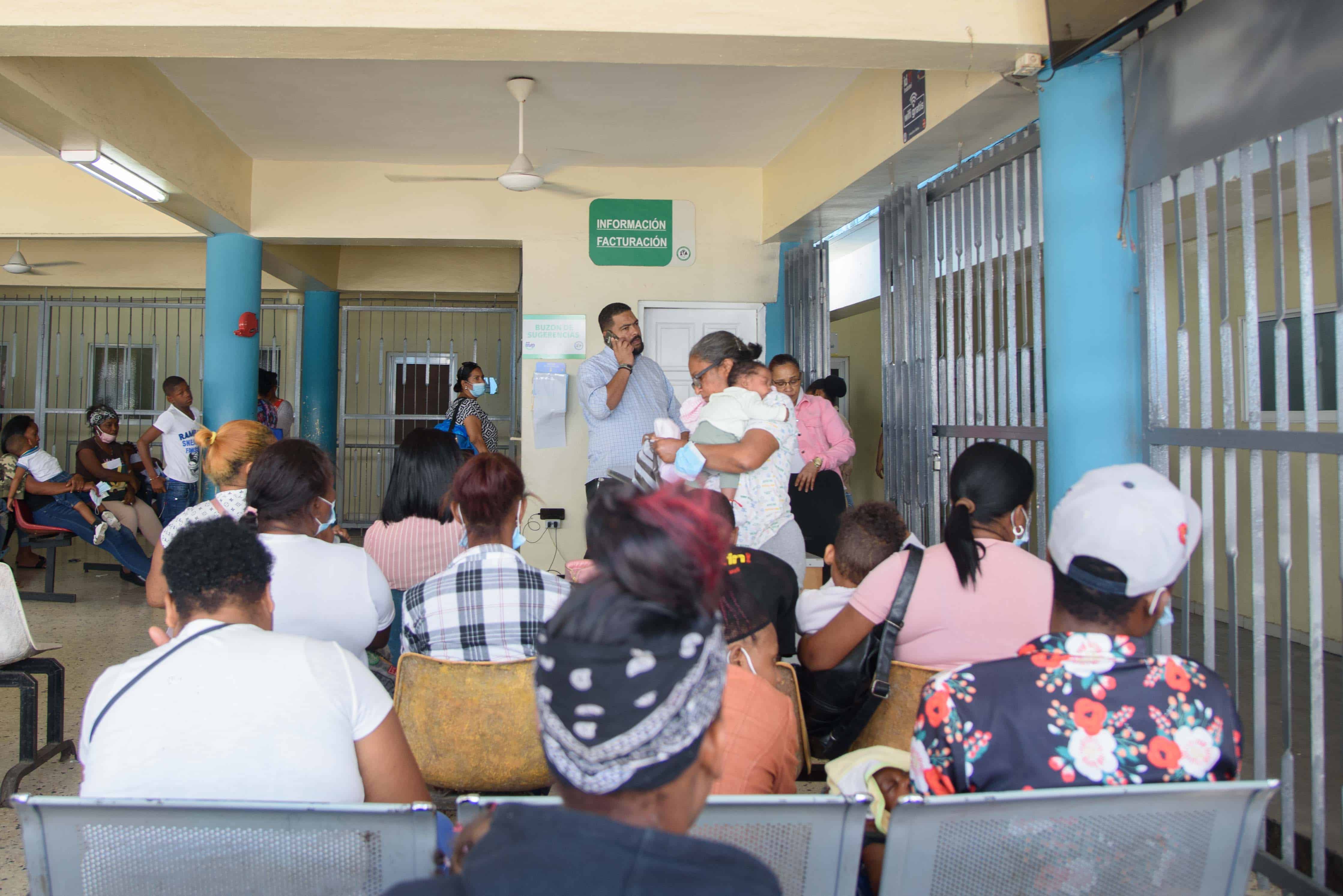
Another mother interviewed acknowledged that she has a tank “but we are not taking action”, while carrying her daughter in her arms who was going to undergo check-ups for seizures and epileptic attacks.
“I don’t accumulate water because that produces a lot of mosquitoes,” Santa Acosta intervened.
The mother of a one-year-old girl admitted that does not take other measures such as the use of mosquito nets, repellent or spraying the house with insecticides.
DR continues without cases
The minister of Public health, daniel riverareiterated this Friday that No cases of chikungunya have yet been confirmed on Dominican soil.a viral disease transmitted by the Aedes aegypti mosquito.
“The decacharrization strategy, removing the reservoirs, the lids for the tanks, we have to do it forced by dengue, that is, we are doing the same strategy all the time”, indicated the official.
Rivera warned about the approaching drought, which will aggravate hygiene conditions due to the lack of water, and may increase the cases of watery diarrhea due to parasitism, as well as outbreaks of conjunctivitis.
For his part, the director of the National Health Service (SNS), mario lamasassured that the public network is prepared to receive patients affected by chikungunya in case the virus come to the country.
Fumigation in Cancino Adentro
As part of the prevention strategy developed by Public healthbrigade members participated in a day of fumigation in the sector cancino insidein order to exterminate colonies of adult mosquitoes.
The health authorities specified that more than exterminating adult mosquitoes, the important thing is to raise awareness about the eelimination of hatcheries to prevent the development of larvae.
During the 2014 outbreak, in the Dominican Republic the National Epidemiological Surveillance System was notified 537,628 chikungunya cases. Between 40% and 50% of people with symptoms of this disease did not demand attention from health services.
